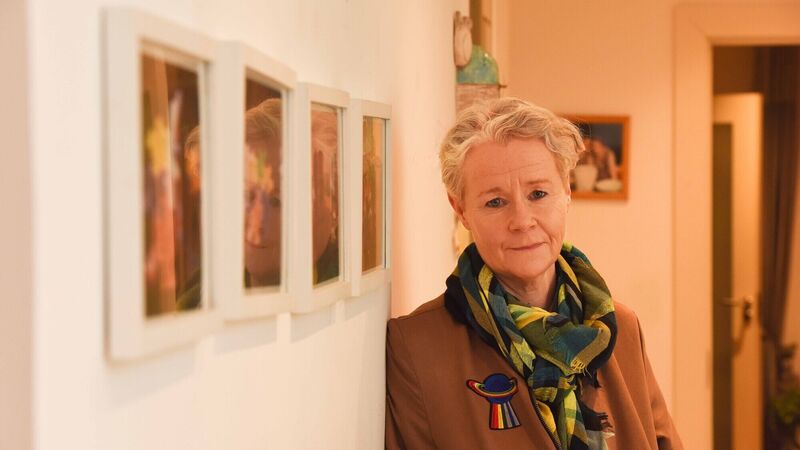Bessborough survivor: Identity rights, redress, and criminal investigation needed

Noelle Brown says the report of the Mother and Baby Homes Commission was 'not fit for purpose' and should be set aside. Pictures: Moya Nolan
Identity rights, a contribution from religious orders to any redress scheme, and a criminal investigation into the deaths and burial of 9,000 children in mother and baby homes is required on foot of the findings of the Mother and Baby Homes Commission.
That’s according to Bessborough survivor and adoption rights activist Noelle Brown, who castigated the Commission for altering the narrative of survivors in what she described as a box-ticking exercise that “misfired”.













